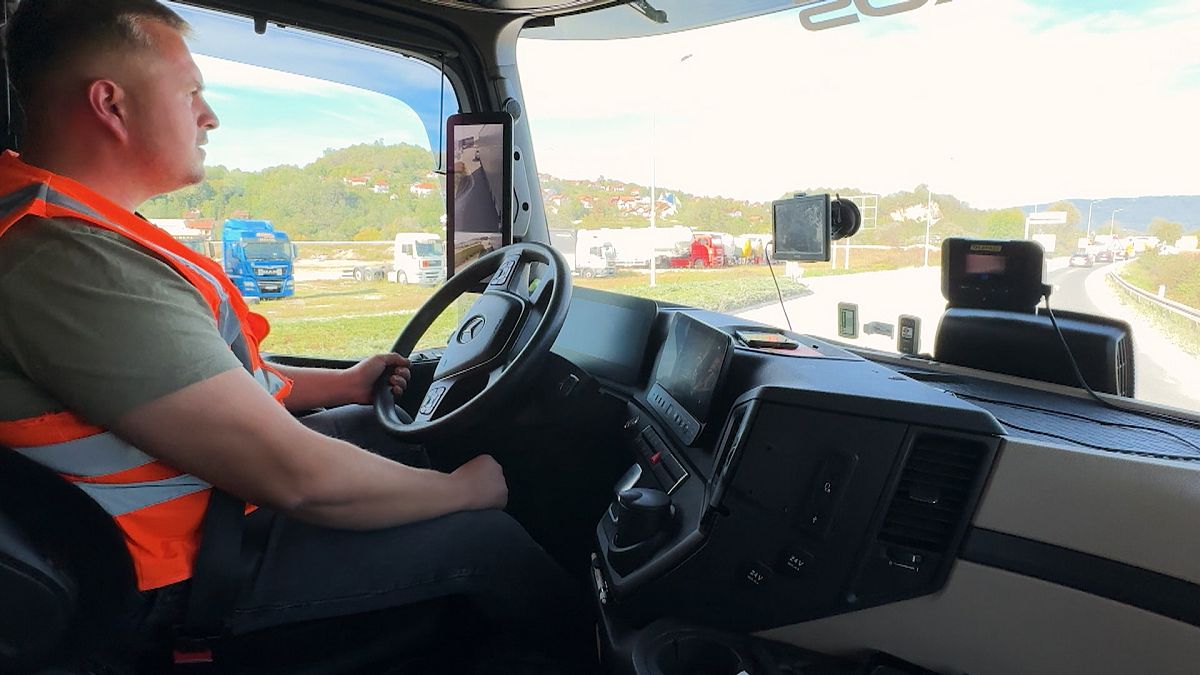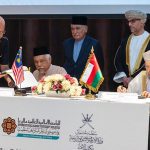Bosnia and Herzegovina is currently working on the construction of the transport corridor Vc, a major infrastructure project that aims to connect the Croatian port of Ploče with the Bosnian capital Sarajevo and industrial cities in the region. This ambitious project is seen as crucial for improving traffic interconnections in the Balkans and strengthening ties with the European markets. Despite facing challenges and delays, the European Union has provided significant funding and support for the project, highlighting its importance for economic growth and development in the region.
The highway project is part of Bosnia’s efforts to enhance its infrastructure and competitiveness in order to attract more European companies and investors to the country. With a growing number of European companies setting up production sites in Bosnia due to lower labor costs, the need for better roads and transportation links has become essential for efficient product delivery to European customers. The EU has provided €870 million in grants and cheap loans to help finance the project, which is expected to create jobs, stimulate growth, and improve economic welfare in the region.
The region known as “the iron heart of Bosnia” has a long history of iron processing and manufacturing, but faces challenges in finding skilled workers due to emigration to high-wage EU countries. Companies like NCMC are struggling to meet their production demands and are in need of more workers such as welders, mechanical engineers, and project managers. The outdated railway network in Bosnia has made transport of metal racks expensive, prompting the company to rely on lorries for transportation. The completion of the highway project is expected to improve transportation links and reduce costs for companies like NCMC.
For truck drivers like Armin Mević, the highway project is seen as a much-needed infrastructure improvement that will streamline transportation and border crossings, especially for those traveling to EU countries. The delays and challenges faced by drivers due to poor roads and border controls have highlighted the urgent need for better infrastructure to facilitate smoother trade and travel between Bosnia and the EU. The EU’s investment in the highway project aims to integrate the region into the European Single Market, promoting growth and development that benefits both Bosnia and the EU as a whole.
Despite the progress made in the construction of the highway, there are concerns about whether the project will be completed by the target date of 2030. Bosnia-Herzegovina’s complex political landscape, with three main ethnic groups, could potentially impact the project’s timeline. However, if there is political will and cooperation among the different ethnic communities, the highway project could serve as a symbol of unity and progress for the country. By building bridges, both literally and figuratively, Bosnia-Herzegovina can pave the way for a better future and closer ties with the European Union.
In conclusion, the transport corridor Vc project in Bosnia and Herzegovina represents a significant infrastructure development that aims to improve transportation links, stimulate economic growth, and strengthen ties with the European Union. Despite facing challenges and delays, the EU’s financial support for the project underscores its importance for regional development and integration into the European Single Market. By addressing issues such as corruption, strengthening public administration, and fostering political cooperation, Bosnia-Herzegovina can make significant progress towards completing the highway project and realizing its aspirations for EU membership. Ultimately, the successful implementation of the highway project has the potential to transform Bosnia’s economy, create new opportunities for businesses, and enhance connectivity with European markets, paving the way for a brighter future for the country and its citizens.











